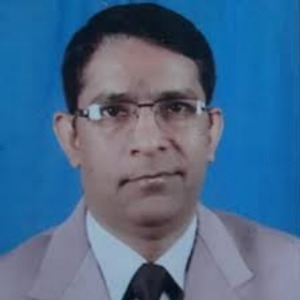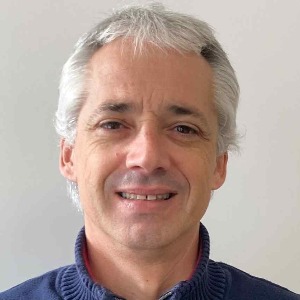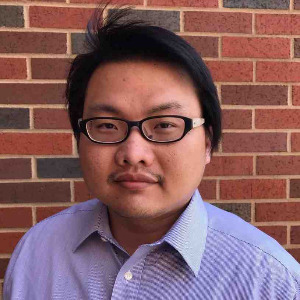Sustainable Metallurgy
Sustainable metallurgy is a pivotal field focused on transforming traditional metallurgical practices to ensure ecological integrity, resource conservation, and socio-economic viability in metal production. It involves a holistic approach that integrates environmentally conscious methods into the entire lifecycle of metal extraction, processing, use, and recycling. Central to sustainable metallurgy is the development of innovative technologies that minimize environmental impact while maximizing resource efficiency. These advancements emphasize reducing greenhouse gas emissions, energy consumption, and waste generation throughout the metallurgical processes. At the forefront of sustainable metallurgy is the extraction phase, which aims to enhance metal recovery from ores using techniques like bioleaching, which employs microorganisms to dissolve metals from ores, thereby reducing the need for energy-intensive processes. Furthermore, recycling and reusing metals play a pivotal role in minimizing the demand for primary resources. Advanced separation and purification technologies, such as hydrometallurgy and pyrometallurgy, enable the recovery of metals from end-of-life products and industrial waste streams. Innovative materials design and process optimization contribute significantly to sustainability in metallurgy. Incorporating lightweight materials, like aluminum and magnesium alloys, reduces the weight of structures and vehicles, leading to lower fuel consumption and emissions. Additionally, the implementation of computational modeling, artificial intelligence, and machine learning techniques aids in optimizing metallurgical processes, enhancing efficiency while reducing environmental impact. The concept of circular economy principles in metallurgy focuses on closing the material loop, promoting the reuse and remanufacturing of metals to extend their lifecycle. Implementing closed-loop systems facilitates a sustainable supply chain, reducing reliance on virgin resources and minimizing the environmental footprint of metal production. Collaborative efforts between academia, industries, and policymakers drive the development and adoption of sustainable metallurgical practices, establishing regulatory frameworks and standards to ensure responsible mining, processing, and utilization of metals while safeguarding ecosystems and communities. The pursuit of sustainable metallurgy goes beyond technological innovation; it encompasses social responsibility and ethical considerations. Engaging in fair trade practices, ensuring safe working conditions for laborers, and fostering community engagement are integral aspects. Moreover, educating and raising awareness among stakeholders about the importance of sustainable practices in metallurgy further catalyze the transition towards environmentally friendly and socially conscious metal production. In conclusion, sustainable metallurgy is a multifaceted discipline that harmonizes technological innovation, resource conservation, environmental stewardship, and ethical considerations. Its overarching goal is to create a circular and responsible metal production ecosystem that mitigates environmental impact, optimizes resource utilization, and contributes to the well-being of both present and future generations. Embracing sustainability in metallurgy is crucial for fostering a resilient and environmentally conscious industry that meets global metal demands while preserving the planet's ecological balance.

Harry Ruda
University of Toronto, Canada
Stanislaw Dzwigaj
Sorbonne University, France
Piotr Gebara
Czestochowa University of Technology, Poland
M G H Zaidi
G B Pant University of Agriculture & Technology, India
Alain Portavoce
IM2NP/CNRS, France
Silvie Maria Tanu Halim
McMaster University, Canada



Title : Application of vanadium and tantalum single-site zeolite catalysts in heterogeneous catalysis
Stanislaw Dzwigaj, Sorbonne University, France
Title : Developing novel sensing platforms using nanostructures
Harry Ruda, University of Toronto, Canada
Title : Solid state UV cross-linking for advanced manufacturing
Huang WM, Nanyang Technological University, Singapore
Title : The effect of substitution of Mn by Pd on the structure and thermomagnetic properties of the Mn1−xPdxCoGe alloys (where x = 0.03, 0.05, 0.07 and 0.1)
Piotr Gebara, Czestochowa University of Technology, Poland
Title : Evaluation of mineral jelly as suitable waterproofing material for ammonium nitrate
Ramdas Sawleram Damse, HEMRL, India
Title : The role of tunable materials in next-gen reconfigurable antenna design
Nasimuddin, Institute for Infocomm Research, A-STAR, Singapore